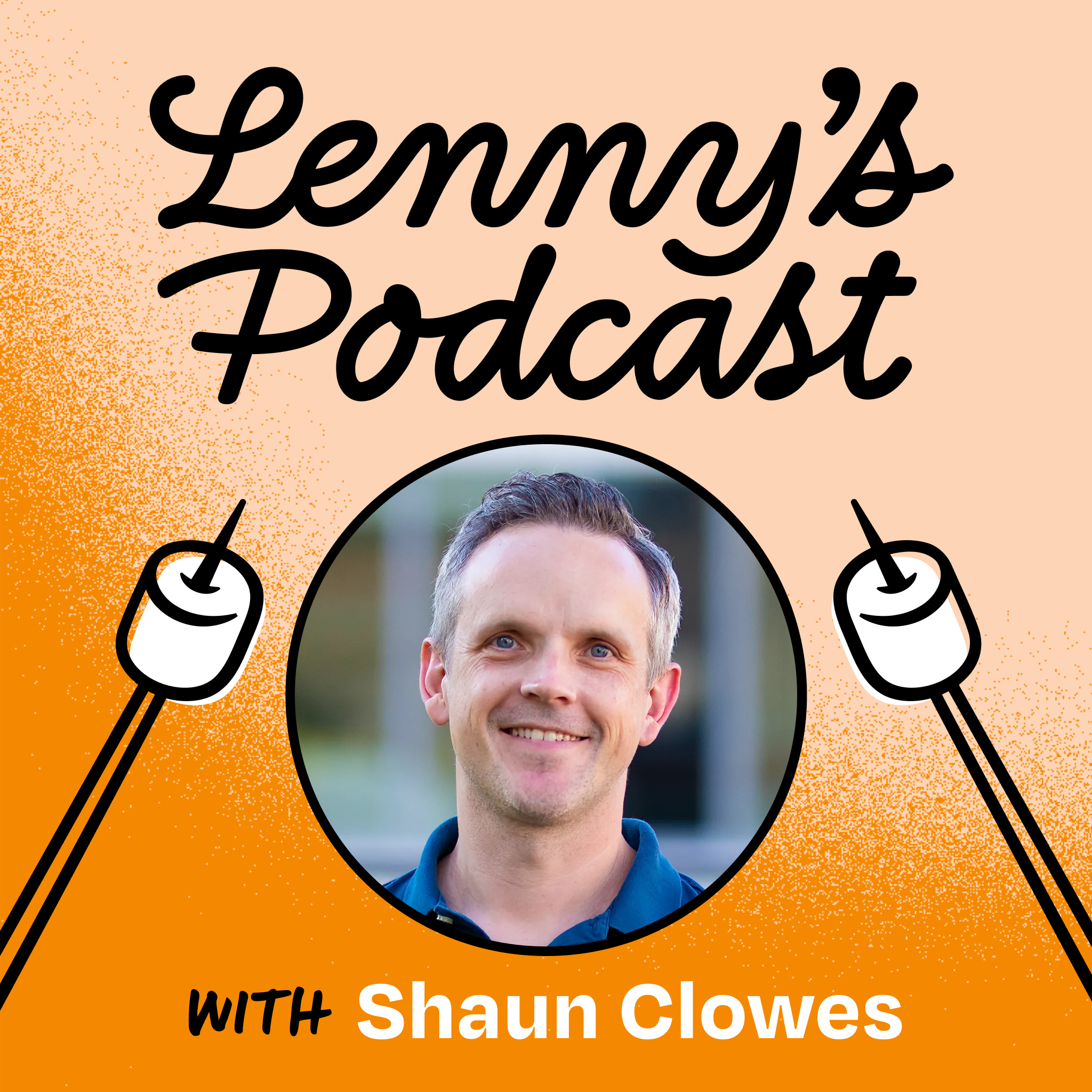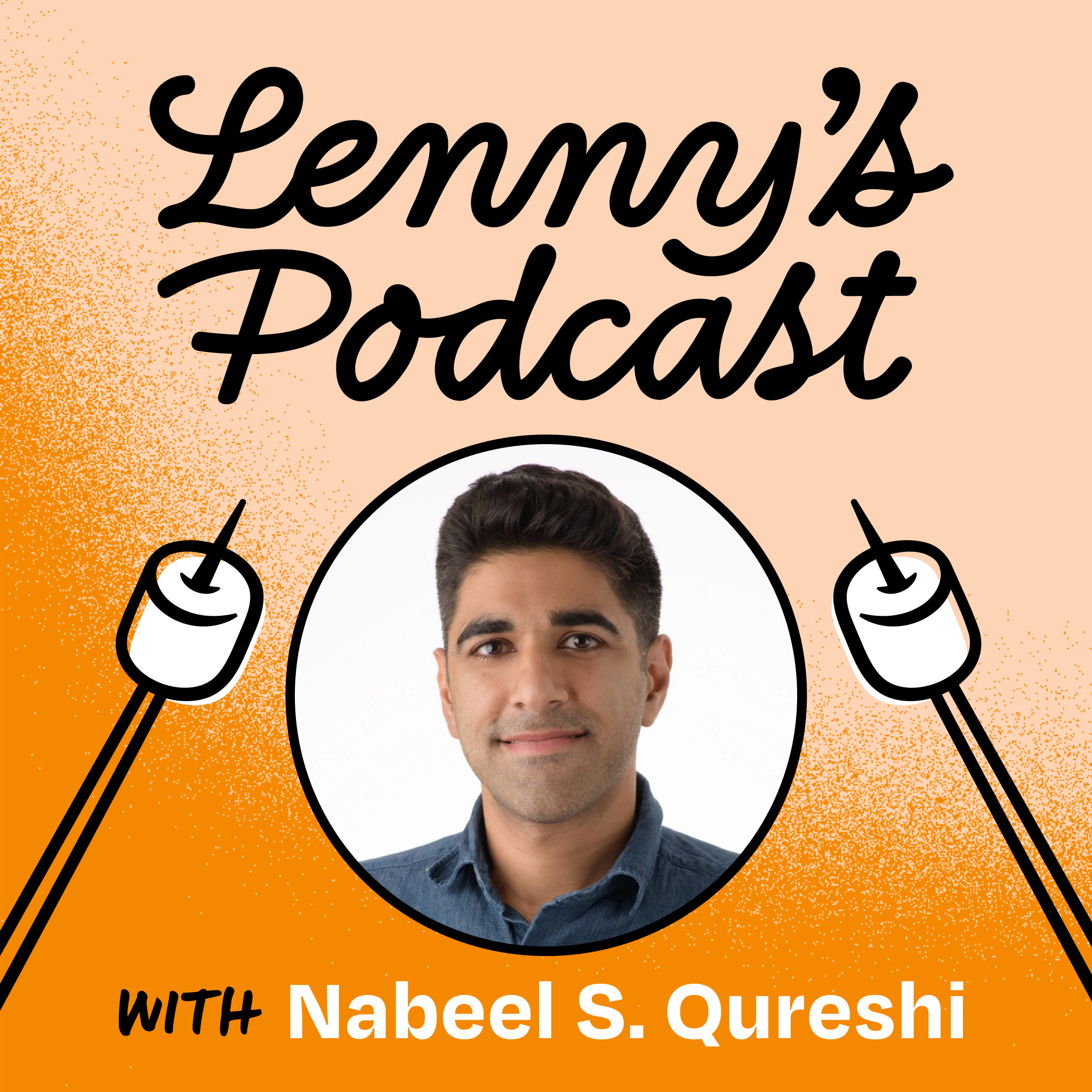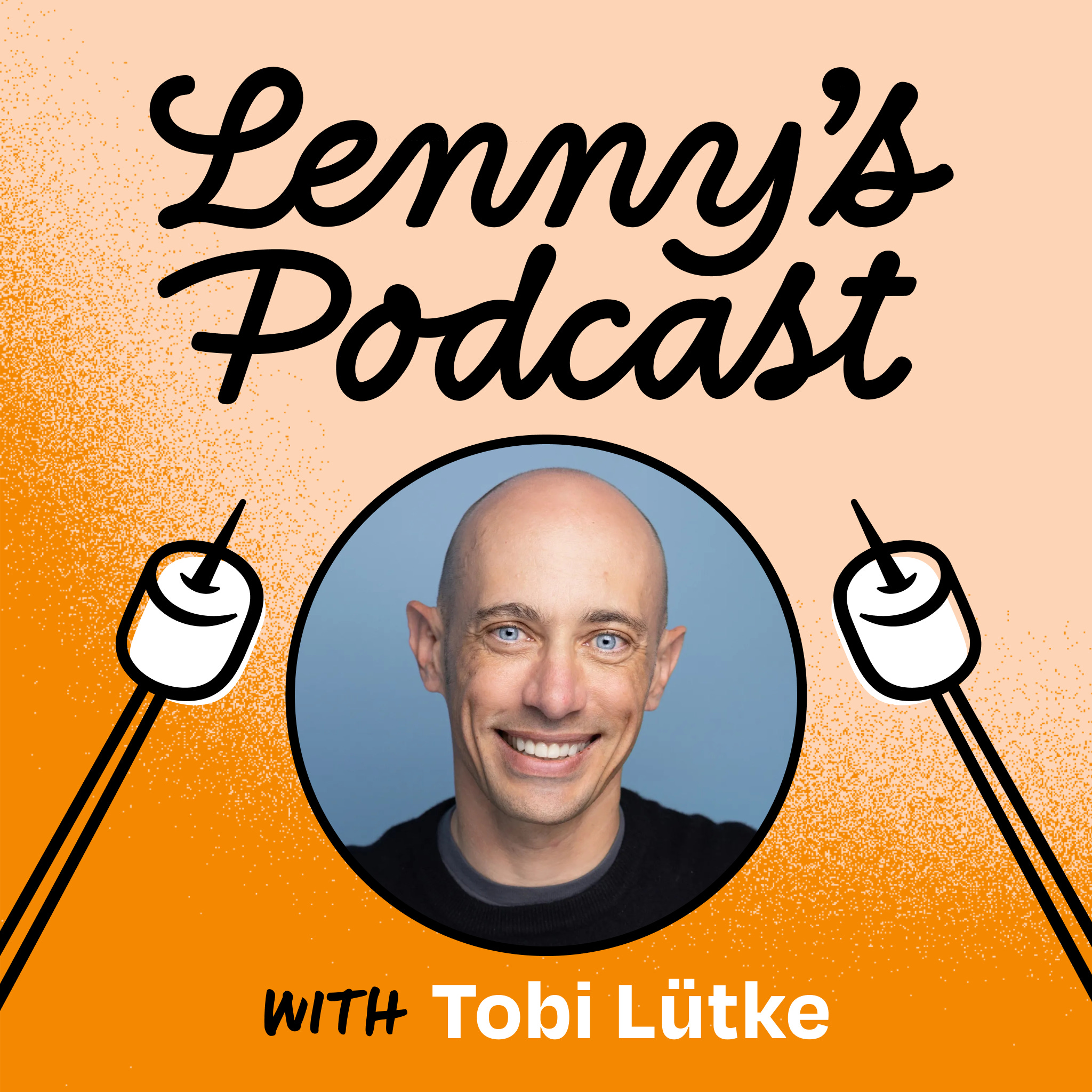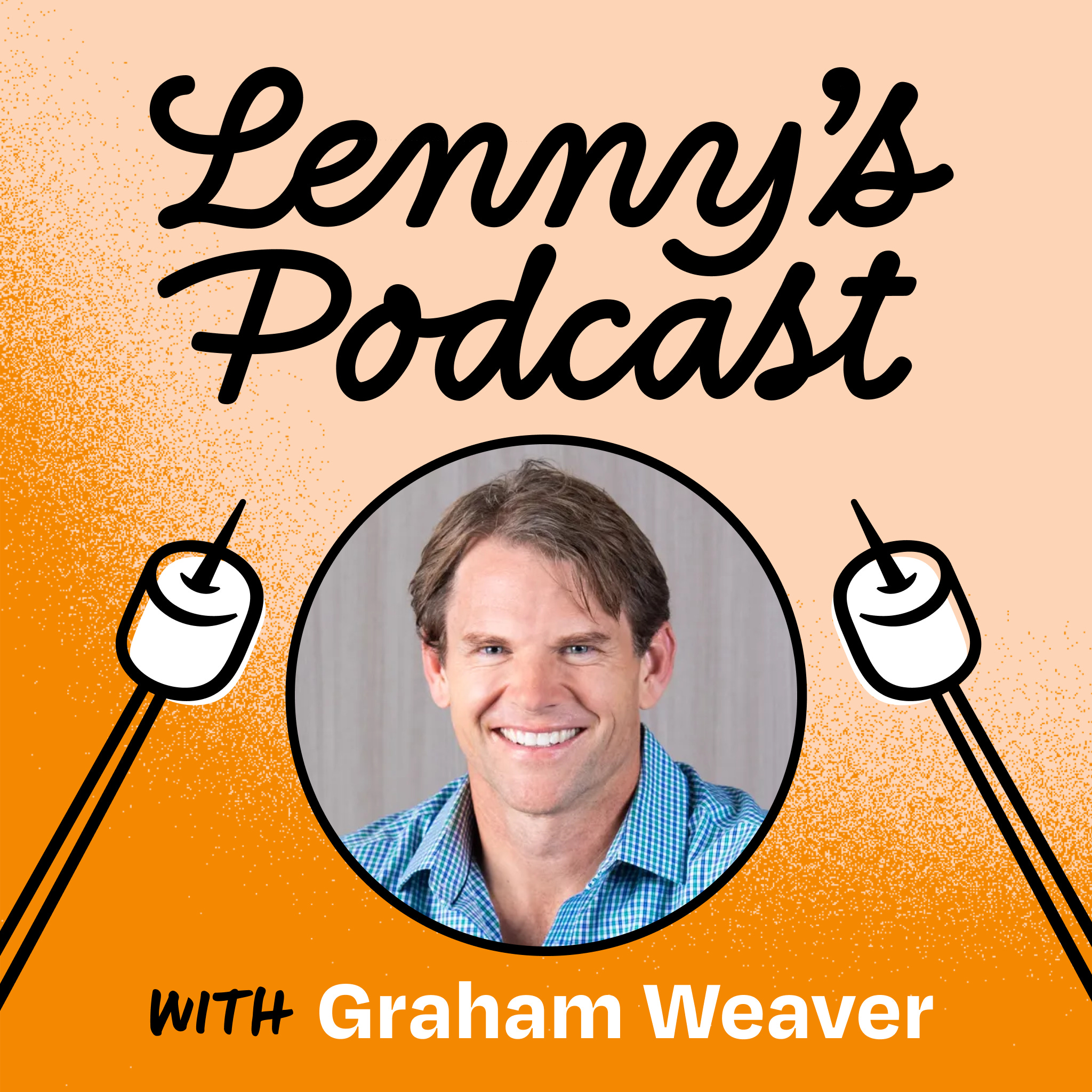
December 29, 2024 • 1hr 21min
Why great AI products are all about the data | Shaun Clowes (CPO Confluent, ex-Salesforce, Atlassian)
Lenny's Podcast: Product | Growth | Career

Key Takeaways
- Product Management Fundamentals: Most PMs get too caught up in internal execution rather than focusing externally on customers, markets and competitors. The best PMs spend 80% of their time thinking "outside the building".
- Data and Decision Making: Data should be used as a compass rather than GPS - it helps validate direction but shouldn't solely drive decisions. The key is finding balance between data and intuition.
- AI's Impact on Products: The real value of AI comes from having high-quality, timely data to feed the models. The models themselves are secondary to having good data management.
- Product-Led Growth: PLG doesn't have to be all-or-nothing. The most successful companies combine PLG with enterprise sales in a way that both motions feed each other.
- Career Development: Taking on varied roles across different types of companies/products helps build versatility and pattern recognition that makes you a stronger product leader.
Introduction
Shaun Clowes is currently Chief Product Officer at Confluent and previously held CPO roles at Salesforce's Mulesoft and Metromile. He was also the first head of growth at Atlassian where he built the first B2B growth team. Shaun brings deep experience across enterprise and consumer products, with particular expertise in data-driven product development and growth.
Topics Discussed
The State of Product Management (00:00)
Shaun opens by discussing why product management remains an "underdeveloped discipline" despite being around for 15-20 years. He argues that while there are clearly "10x engineers", there must also be "10x product managers" - but we haven't figured out how to reliably produce them.
- Key challenge: Most PMs get caught up in internal execution rather than focusing externally
- Success factors: Starting from customer/market perspective and being data-informed
- Common pitfall: Getting dragged into scrum management instead of finding differentiated value
- "The job is not about execution...it's about finding reliable, differentiated value that you can uniquely deliver into the market"
Becoming a Better Product Manager (09:33)
Shaun shares specific advice for PMs looking to level up their skills and impact:
- Structured customer research: Follow Nielsen's guidance of 7-14 interviews
- Avoid confirmation bias: Seek out counterfactuals and proof you're wrong
- Analyze competitors: Understand what their actions reveal about the market
- Synthesize insights: Don't just collect data points - find meaningful patterns
- "Most people don't even understand or don't start with the rigorous foundation in what they're going to need to do to get the answers that they want"
Leveraging AI in Product Management (13:23)
Shaun discusses practical ways PMs can use AI tools to enhance their work:
- Customer interview analysis: Use LLMs to find gaps between strategy and customer feedback
- Competitive analysis: Extract insights from public documents
- Pattern recognition: Identify semantic similarities across customer requests
- Key insight: Models are secondary to having good data management
- "LLMs can only be as good as the data they are given and how recent that data is"
The Future of Enterprise Software with AI (24:35)
Shaun shares his perspective on how AI will impact enterprise software companies:
- Business rules matter most: The real value is in configured workflows, not just UI/UX
- Incumbent advantage: Existing players likely to get stronger with AI
- New opportunities: Platform plays could emerge that transcend single business functions
- "People really underestimate where the value is created in these applications and they just kind of get it completely wrong"
Data-Driven Decision Making (35:41)
Shaun reflects on his evolution from being strictly "data-driven" to a more nuanced approach:
- Data as compass: Guide direction rather than dictate decisions
- Balance needed: Combine data with intuition and experience
- Common mistakes: Over-relying on data leads to slow or wrong decisions
- "Data is more like a compass than a GPS...if you look at data as a way of giving you the answer, you're always wrong or slow or sometimes both"
Building Effective Growth Teams (45:50)
Drawing from his experience building the first B2B growth team at Atlassian, Shaun outlines key phases:
- Phase 1: Proving value through initial "gold rush" wins
- Phase 2: Creating repeatable systems and processes
- Phase 3: Scaling across acquisition, activation, retention
- Challenge: Managing relationships with other functions
- "Growth teams are in between everybody else...they're kind of in everybody else's sandpit in a little bit"
Product-Led Growth Evolution (50:18)
Shaun discusses the evolution and reality of PLG in B2B companies:
- Not binary: Combine PLG with enterprise sales
- User focus: PLG creates accountability for end-user experience
- Ideal state: PLG and sales motions feed each other
- "The magic is in having both a very large number of customers and a very large amount of revenue"
Career Development Insights (56:16)
Shaun shares his "bingo card" approach to career development:
- Seek variety: Fill in missing experiences across different types of companies
- Build versatility: Learn different sales models, products, and go-to-market approaches
- Pattern recognition: Use varied experience to better solve new challenges
- "Looking back, all of these jobs have given me an outlandish education in areas that are not obvious at all"
Failure Corner (1:07:45)
Shaun shares a story about a failed environmental impact product:
- Wrong fit: Good idea but wrong company/timing/distribution
- Late kill: Kept product alive for 2 years despite clear signs
- Key lesson: Be willing to kill products earlier when signs point to failure
- "We should have been able to call a spade a spade and speak truth to power"
Conclusion
The conversation provides deep insights into modern product management, particularly around using data effectively, leveraging AI, and building successful growth motions in B2B companies. Shaun's career journey also offers valuable lessons about professional development and the importance of seeking diverse experiences. His final advice emphasizes the critical balance between gathering data and making timely decisions, as well as the fundamental importance of building trust and relationships in product management.









